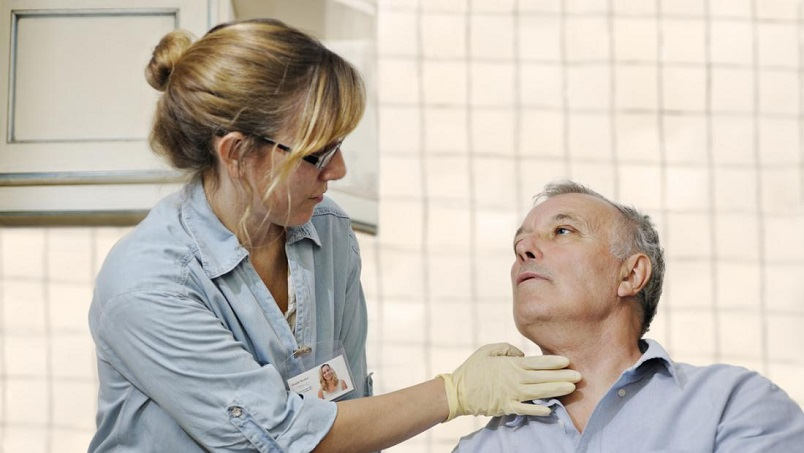It is well known that the vast majority of the patients that a speech pathologist will treat are children, many of whom are under 5 years of age. However, it is also true that adults suffer from speech and language problems too, and one group where it is specifically prevalent is older people, which is why an increasing percentage of those aged 65 and over are seeking speech therapy.
This occurs, not because older people are suddenly reporting communication problems, but due to ever-increasing shifts in the age demographics of the population. For example, in the 30 years from 1990 to 2020, the average age of the Australian population increased by almost 6 years, and from 2000 to 2020 the percentage aged 65 and over rose by 4%.
Those numbers are certain to increase further with predictions showing that by the year 2050, Australia will have 1.8 million residents aged over 85, which works out at around 5%. So, it is clear that medical professionals, including speech pathologists, have increasing numbers of patients who are classed as elderly, not just because the elderly are more prone to ailments and illness, but also because there are many more individuals within that age group than ever before.
Common Speech Disorders In The Elderly
Whilst very few elderly people will have the same speech and language problems that often occur during childhood, that does not mean the problems they face are not worthy of the attention and care of a speech pathologist.
An elderly person’s need to communicate is often crucial for their general well-being and whilst a child might have the support and aid of their parents, often the elderly have to cope single-handedly, or with their spouse, who is also likely to be elderly. This makes the work of speech pathologists all the more important when an elderly person needs them. Here are two of the main reasons why a speech pathologist might be required.
Swallowing Difficulties
It is staggering to realise that as many as 50% of elderly people living in residential care have a swallowing disorder, also known medically as dysphagia. As we age, our swallowing reflexes do alter slightly, but in many cases, the dysphagia arises due to conditions such as dementia and Parkinson’s Disease, plus those who have suffered a stroke are also extremely prone to dysphagia.
Strokes are especially problematic regarding swallowing problems and studies show that as many as 60% of stroke survivors have some trouble swallowing. The complications of this include malnutrition, weight loss, dehydration, and more seriously pneumonia and aspiration, which is when food or drink enters the lungs.
Communication Problems
Some of the issues that cause swallowing difficulties are unfortunately also responsible for some elderly people having communication difficulties. Most common among these are Parkinson’s Disease, strokes, and dementia. Strokes, as well as being second only to heart disease as the biggest cause of death in Australia, can also leave patients with a plethora of additional medical problems.
Even for those who thankfully survive a stroke, the battle for a normal life may only be beginning as figures show that around a third of stroke survivors will have a language disorder due to the damage the stroke has done to the communication centres in their brain. Known as aphasia, language difficulties include problems with writing, reading, comprehension, and difficulty in speaking.
How Can Speech Pathologists Help Elderly People
Apart from bringing their knowledge, experience, and dedication to the fore, speech pathologists will use several ways to help older people with the communication and swallowing issues we have highlighted. These will include group or individual therapy sessions, recommending dietary changes, communication technology, as well as educating an elderly patient’s family or care staff in ways to support that individual’s recovery.

